The Diplomatic Academy, in partnership with the Katara Center for Public Diplomacy, concluded the Cultural Diplomacy Program from December 22 to 25, 2024.

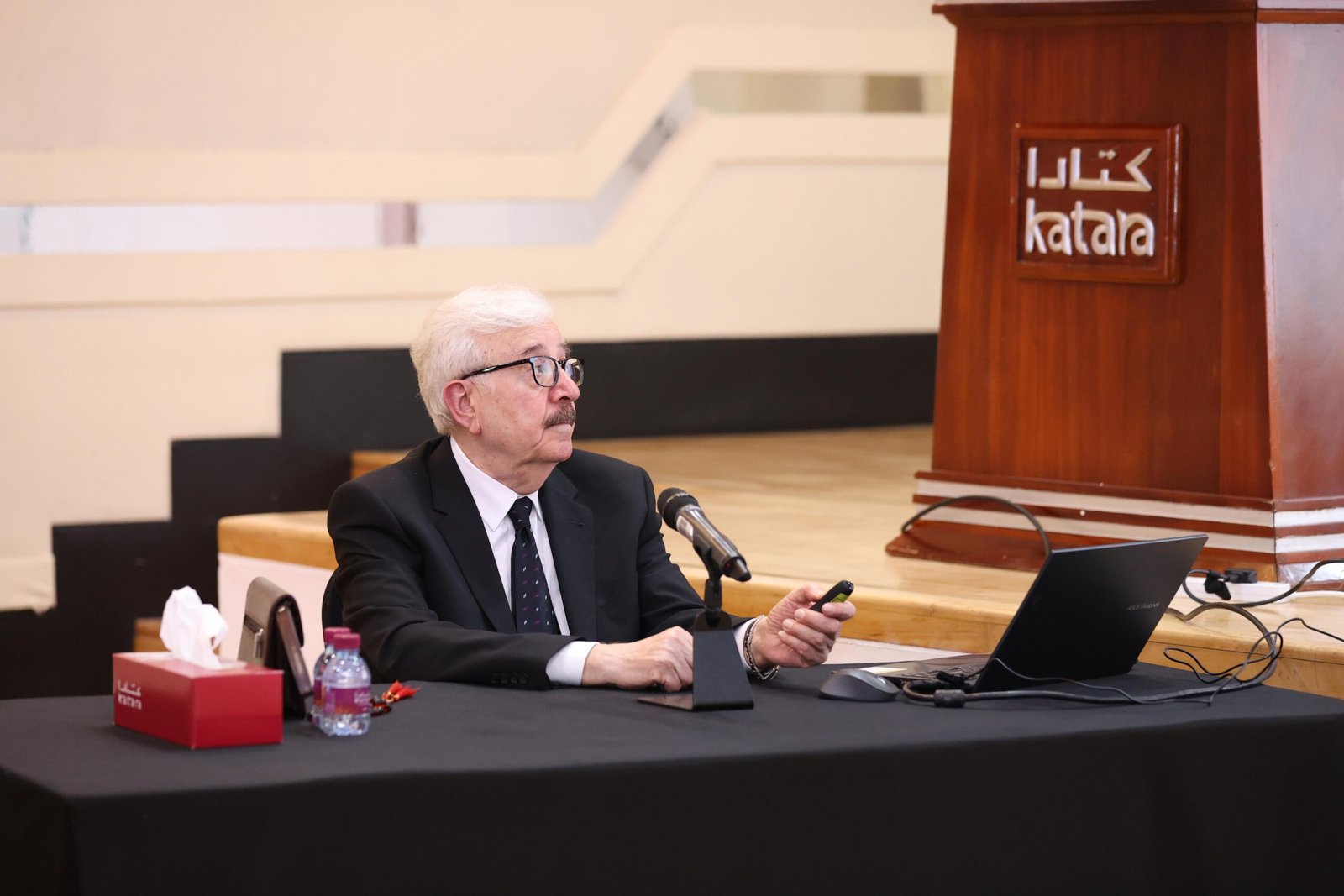
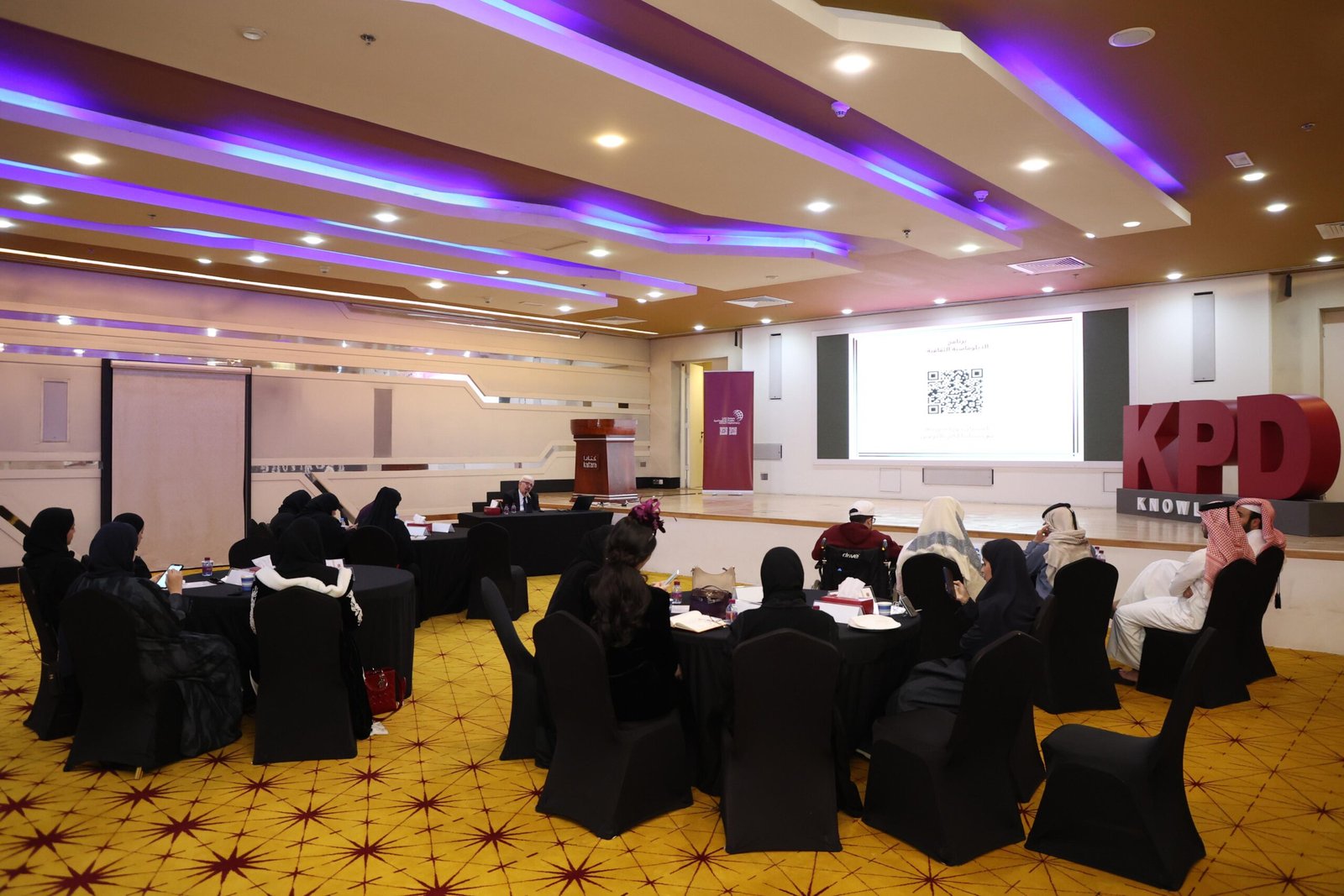
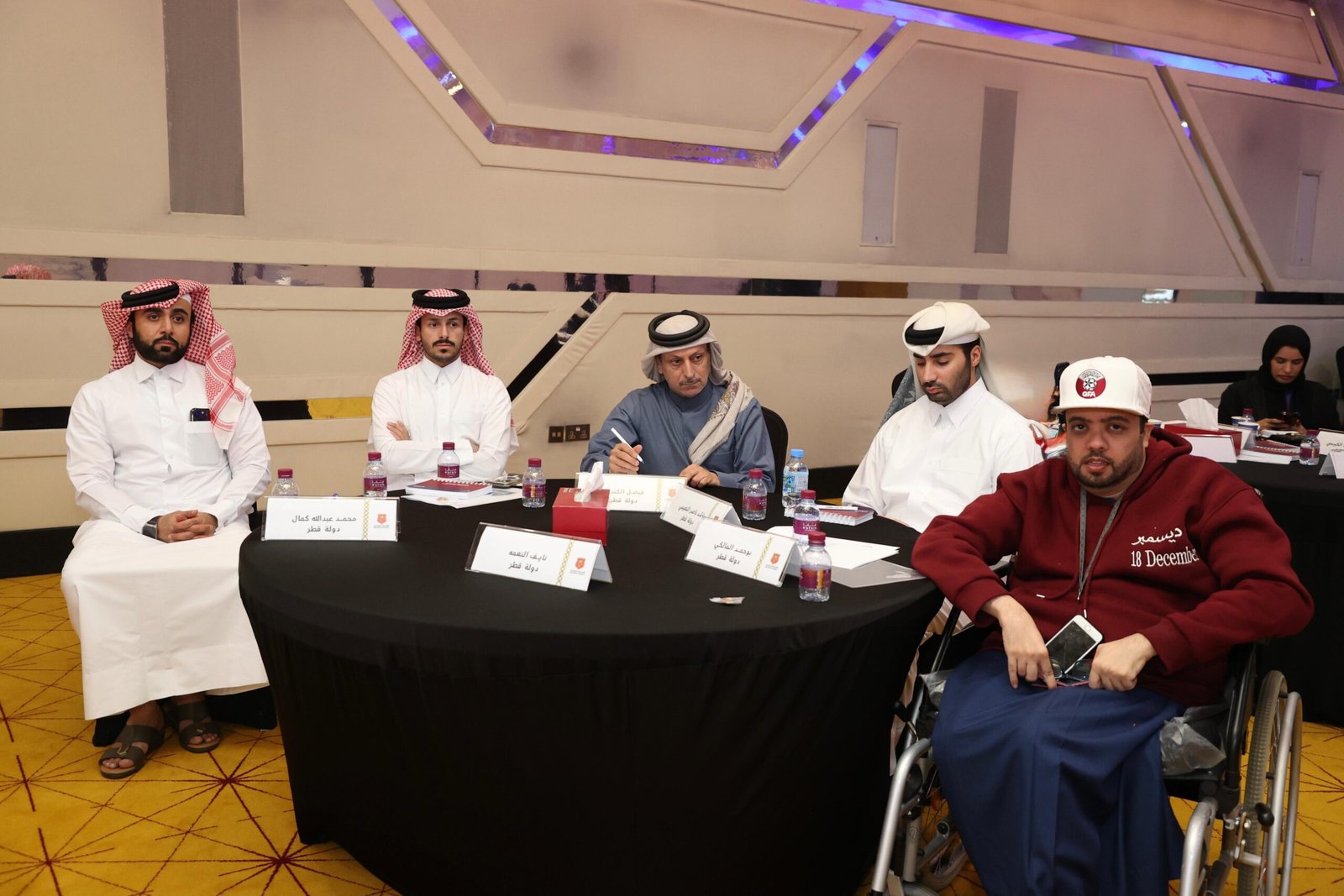
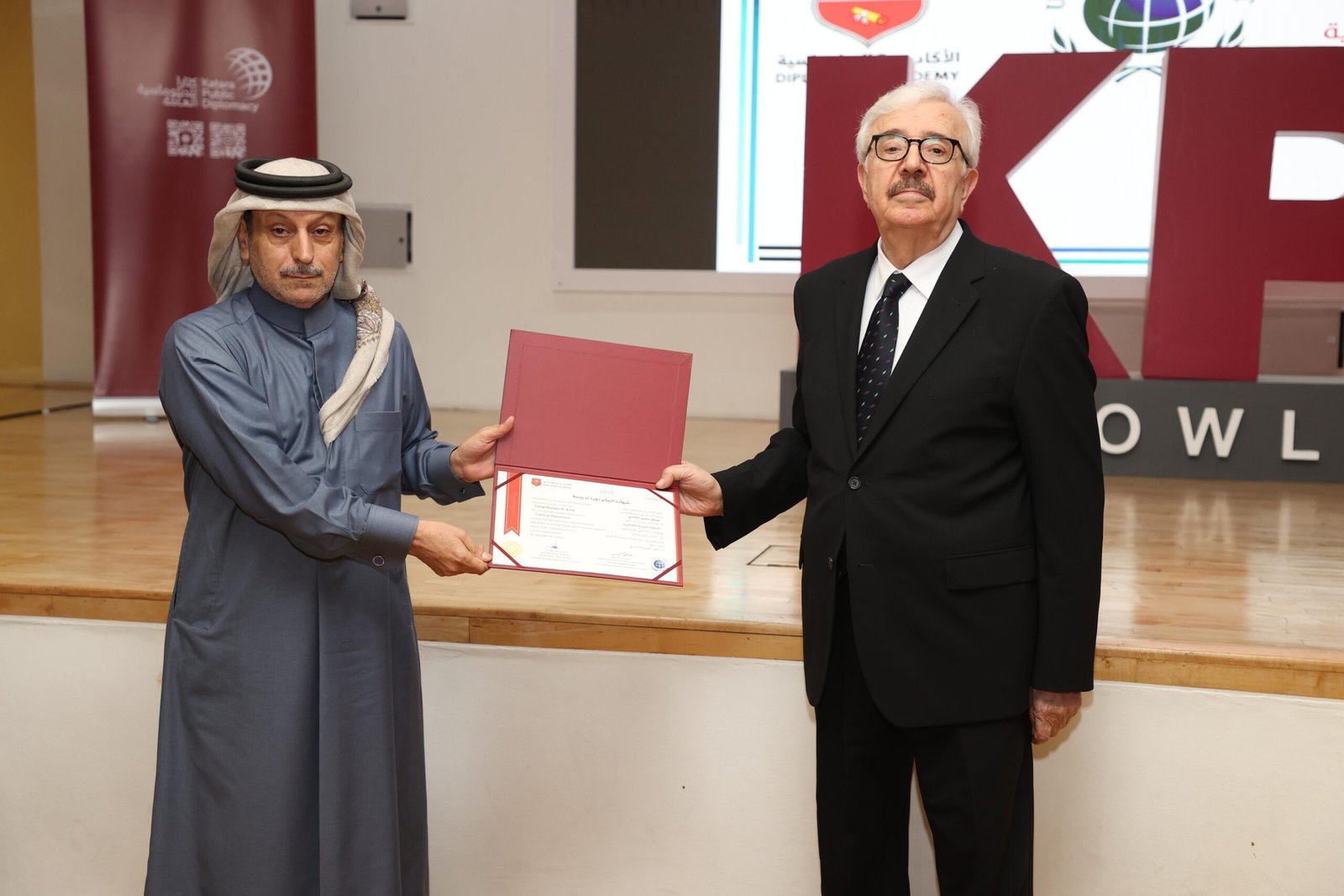
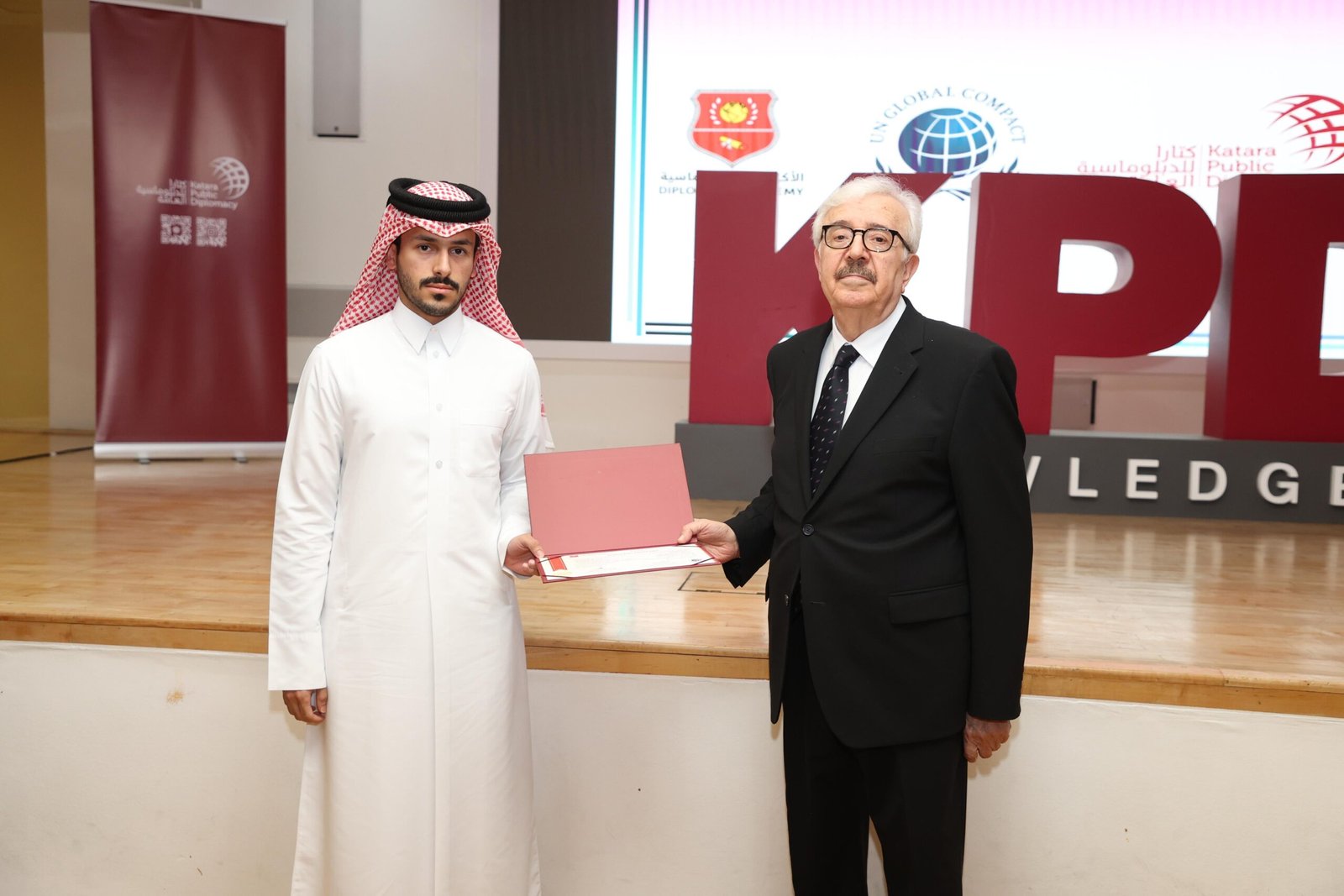
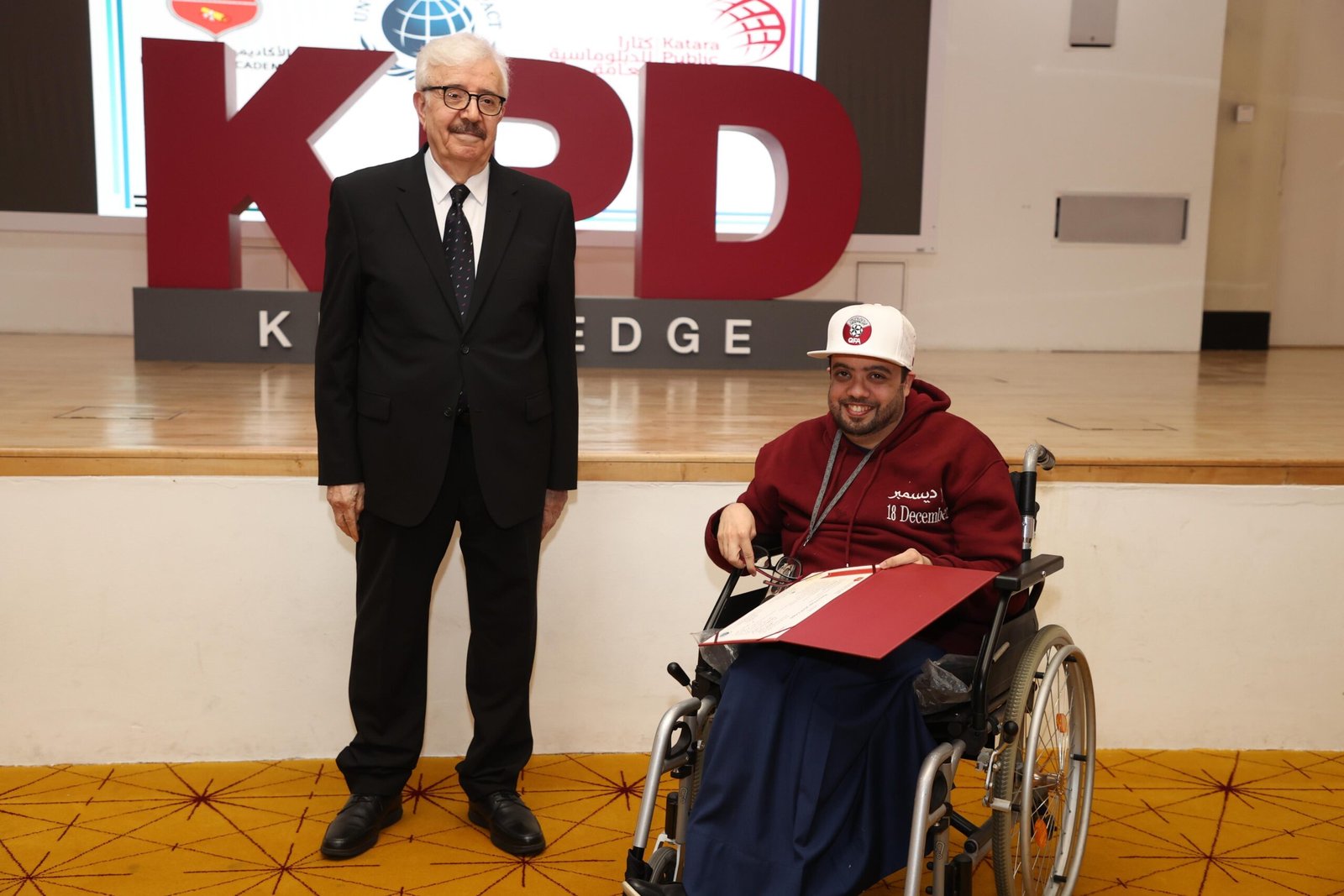
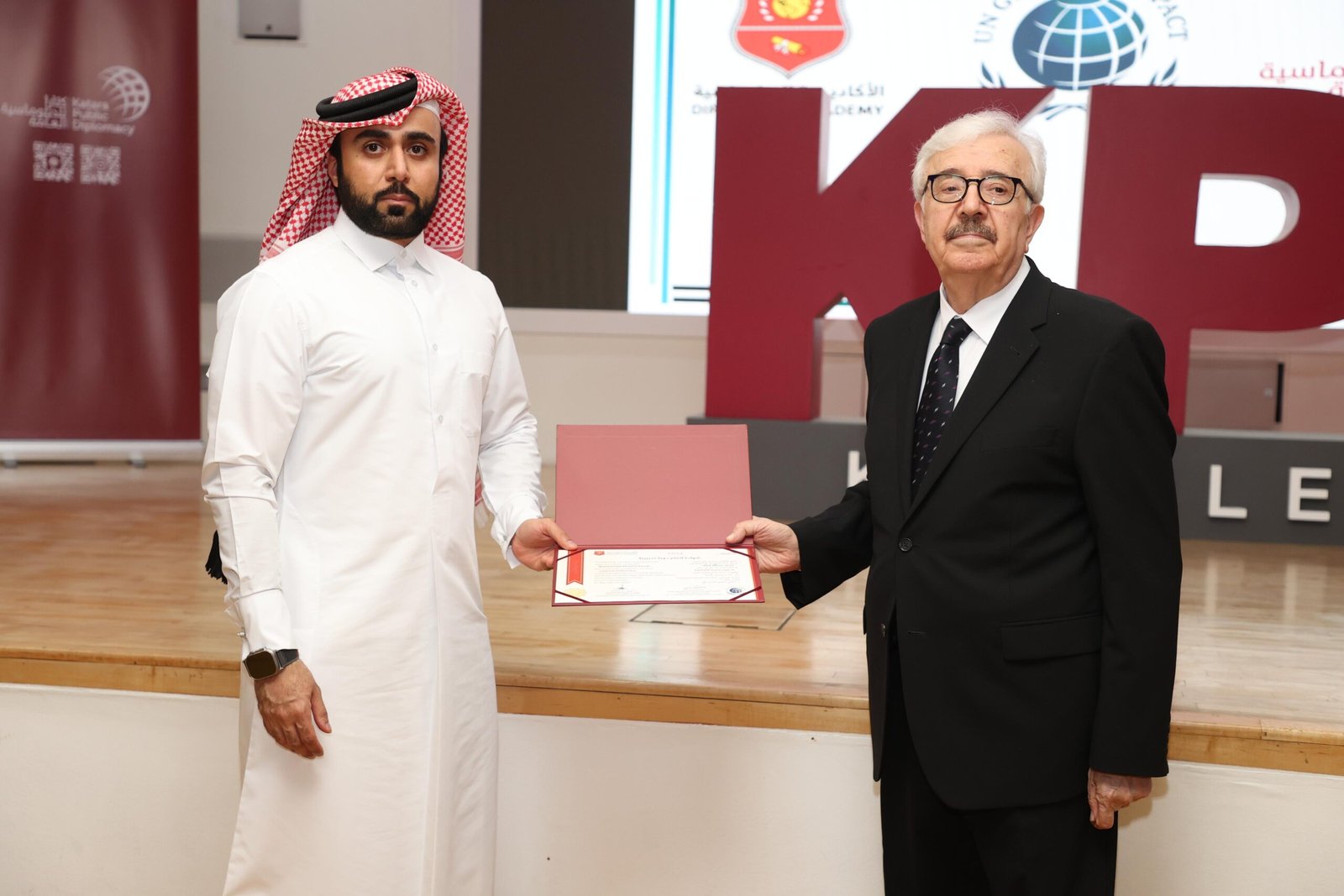
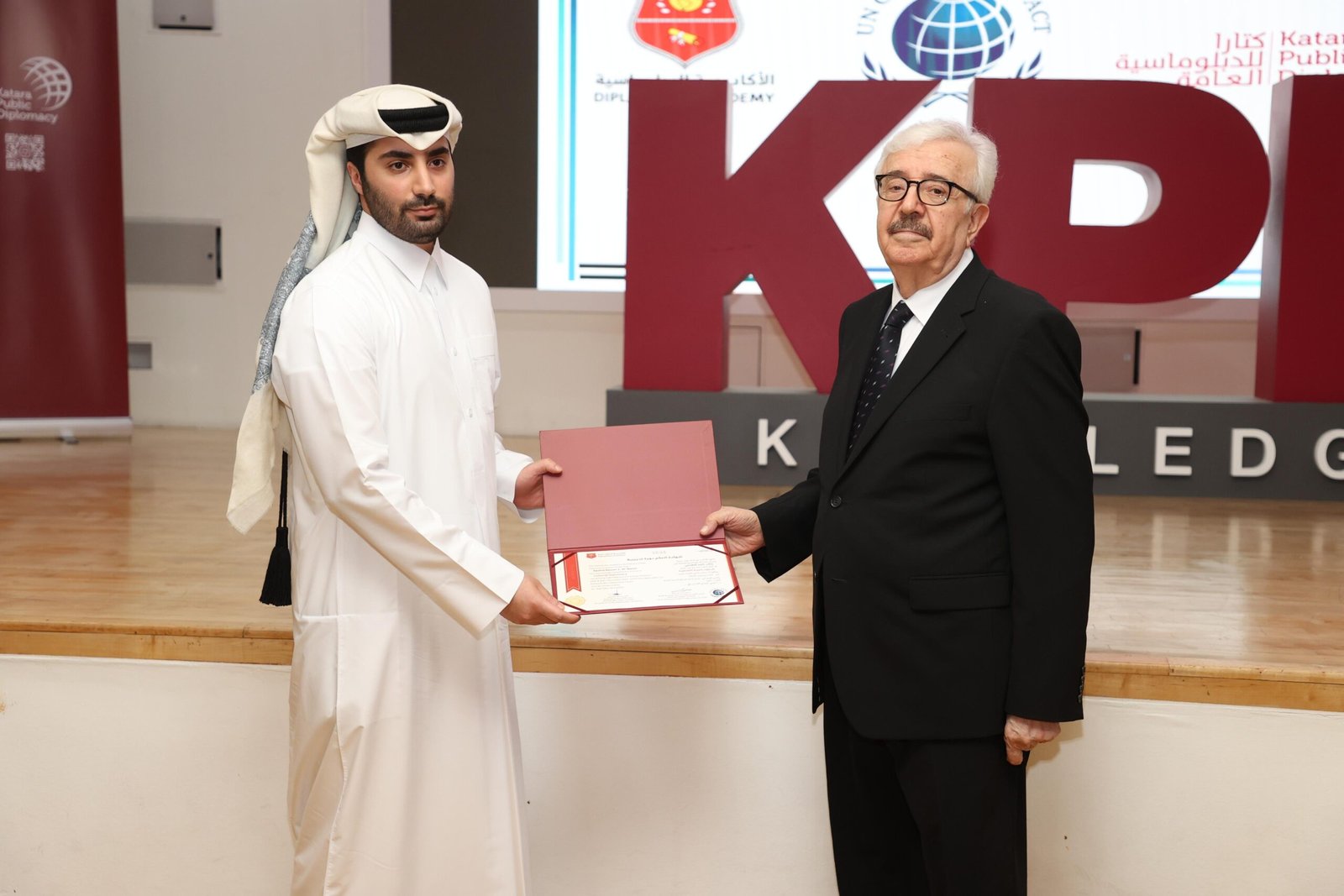



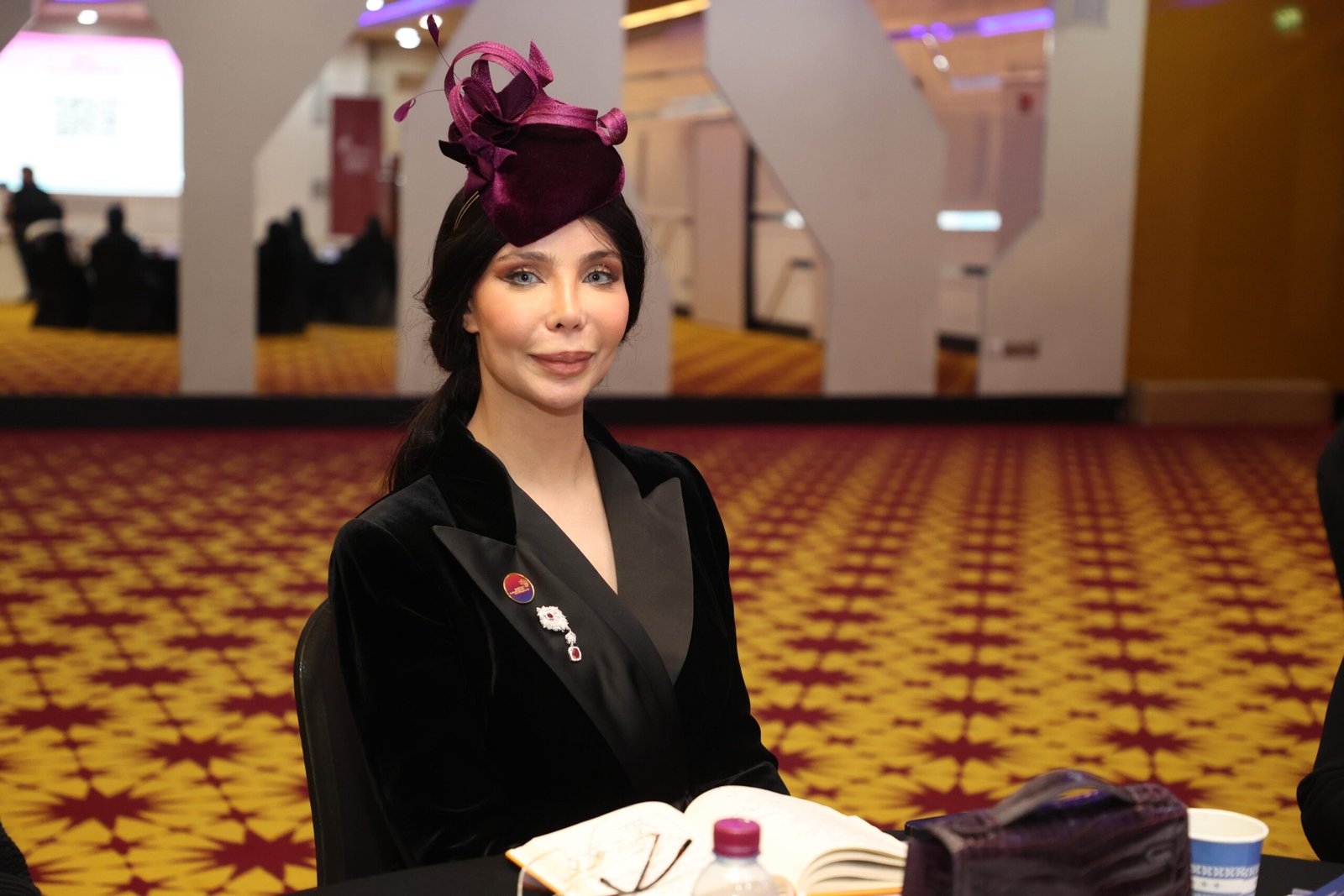
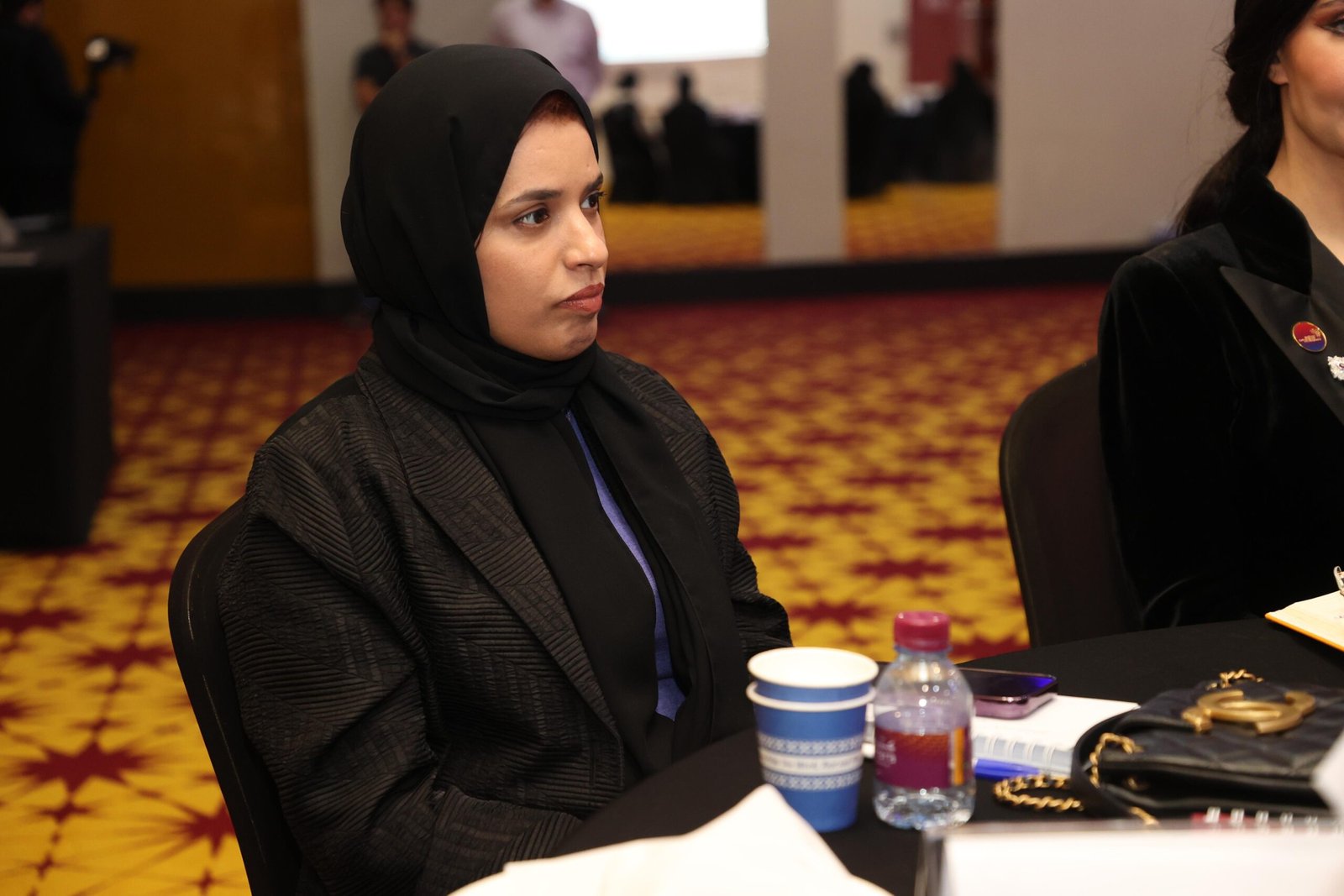
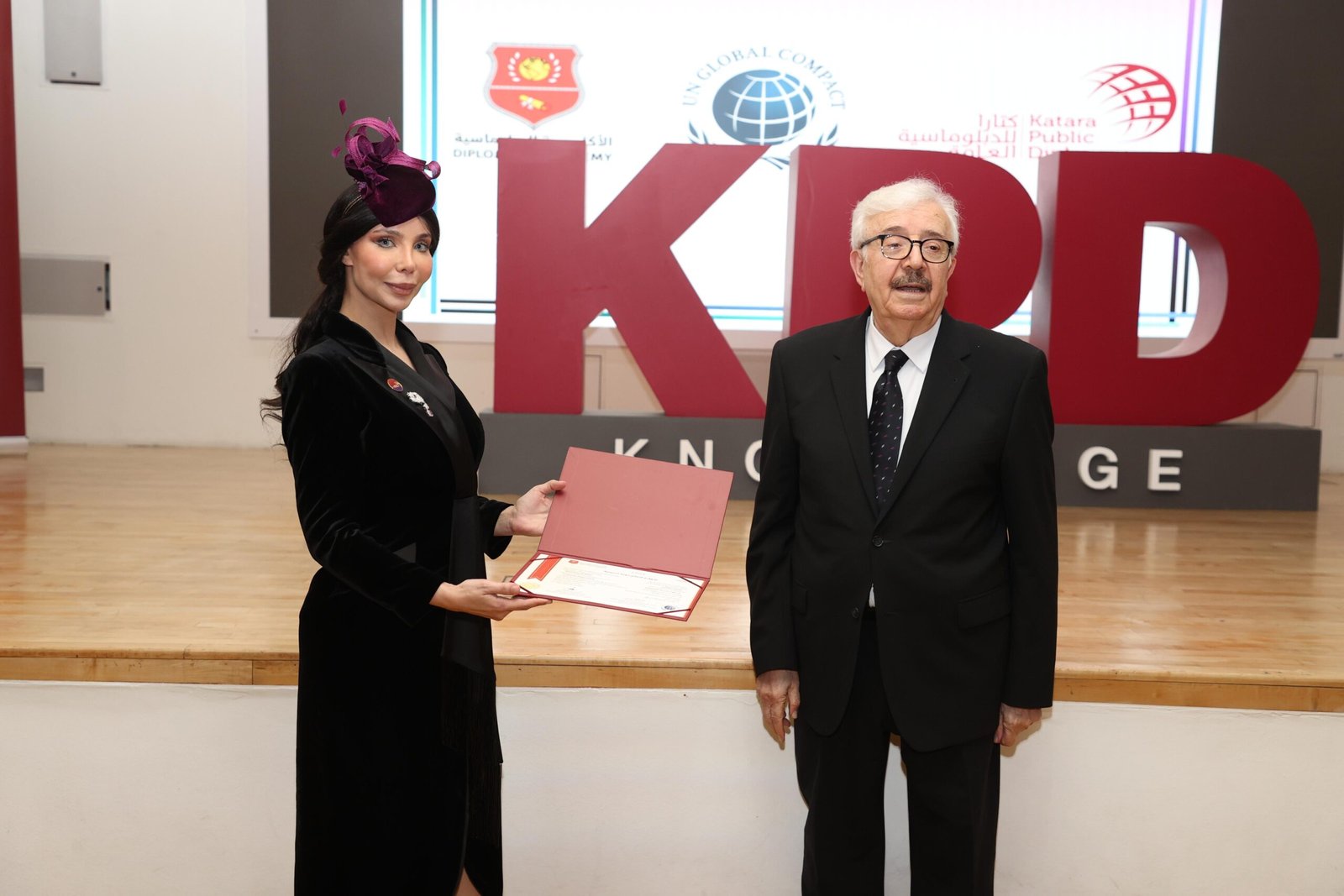
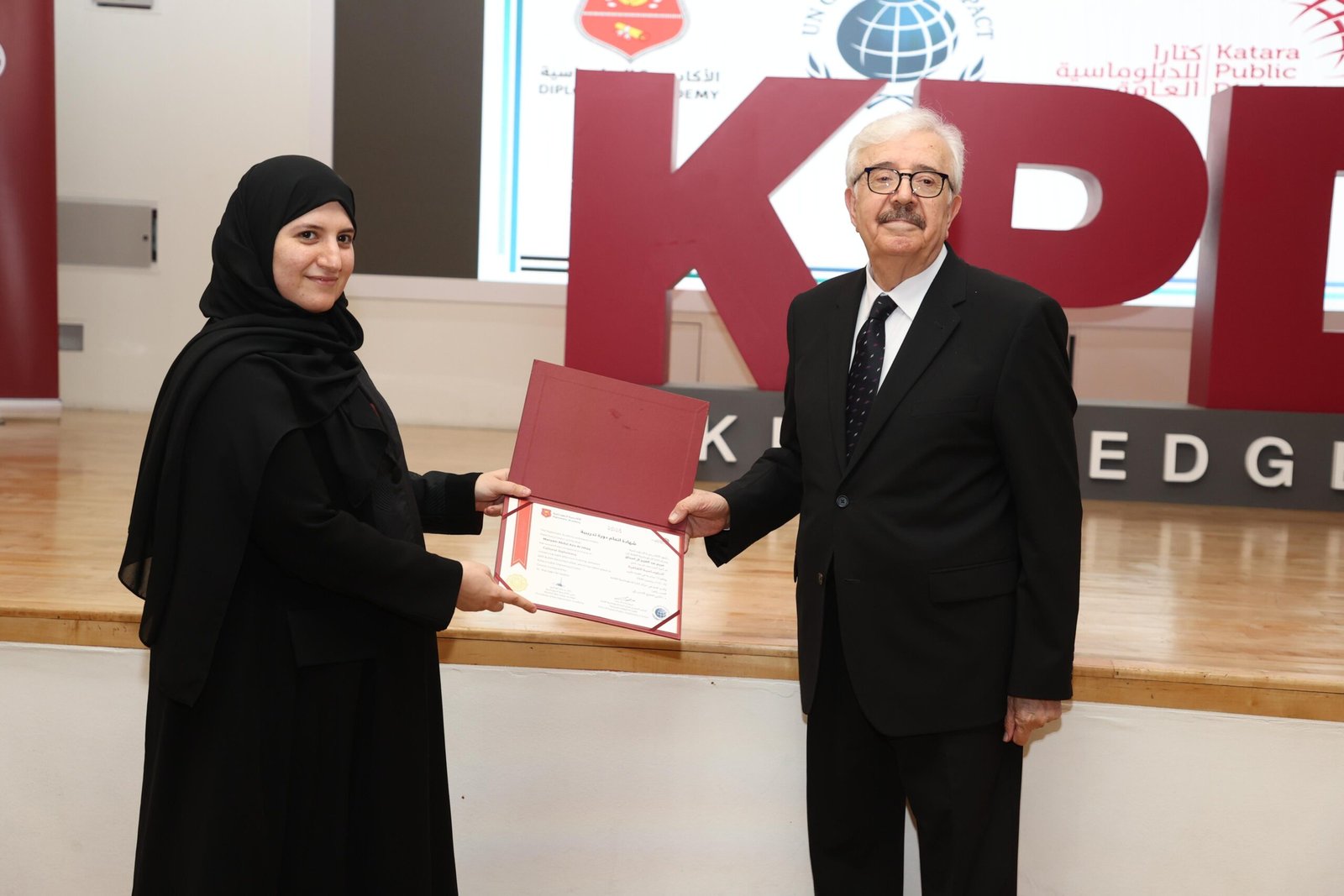
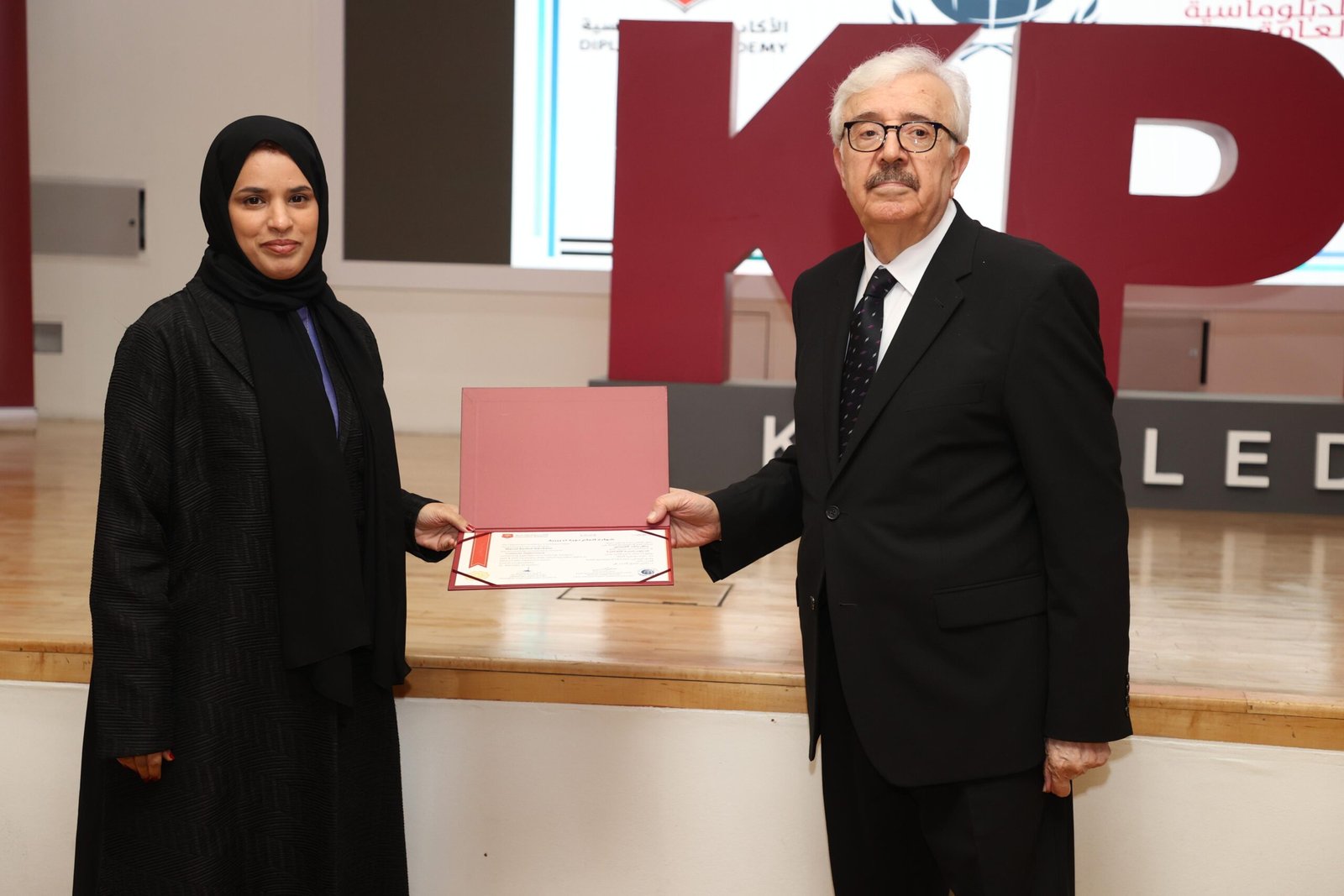
The Diplomatic Academy, in partnership with the Katara Center for Public Diplomacy, concluded the Cultural Diplomacy Program from December 22 to 25, 2024. The program was presented by the former Iraqi Foreign Minister, Dr. Naji Sabri.
The course addresses a vital aspect of the development of diplomatic practice in international relations towards cultural diplomacy, which is based on the state employing various activities in the field of culture in its comprehensive sense related to revealing the spirit of the nation, its identity and its national character to influence public opinion trends in the target country to promote a positive image of it and its policies.
The program also included:
A theoretical review of the concept of cultural diplomacy in terms of its connection to the theory of communication, meeting human needs, culture and diplomacy.
Tracing the path of the development of diplomacy throughout history and the most important influential stations in it from prehistoric times through the Arab Islamic state and what Europe witnessed in the Middle Ages before the twentieth century.
Reviewing the decline of old diplomacy and the emergence of modern diplomacy after World War I, and the factors influencing this, most notably: the expansion of the international environment, the change in the international arena, the expansion of interest in global issues, the emergence of comprehensive diplomacy, the emergence of interconnected diplomacy, the revolution in communication and information technologies and their profound impact on the development of media and communications technology, the emergence of the role of public opinion in international relations, and the organization of diplomatic work and the unification of its rules.
The emergence of public diplomacy as one of the fruits of the radical transformation in diplomacy after World War I. Reviewing the emergence of the concept of public diplomacy and the development of its practice since the 1930s, and its separation from the concept of propaganda.
Soft power and its basic resources.
Methods of implementing public diplomacy:
Interactive track
Proactive track
Relations track
Embassy tasks in implementing public diplomacy
Public diplomacy and the communication revolution
The emergence of cultural diplomacy as a major product of public diplomacy
The various aspects of practicing cultural diplomacy
Models of practicing cultural diplomacy in countries of the world
The United States, France, Britain, Germany, Russia, Qatar (and highlighting the pioneering experience of Katara Cultural District), Iraq, Iran, Israel.
Opportunities of success and possibilities of failure in countries implementing their programs in cultural diplomacy.
At the end of the program, trainees receive a certificate of completion of a training course from the Diplomatic Academy and the Katara Center for Public Diplomacy.
